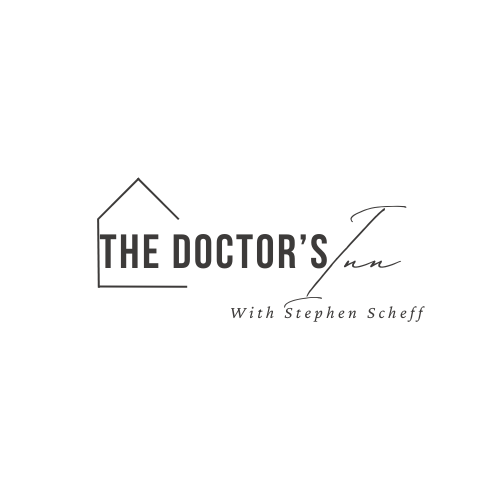I recently attended an educational conference in Pasadena – populated by superintendents, principals and teachers making their living in the public schools of Los Angeles and greater Los Angeles. A dynamic I noticed very quickly was: I was one-of-the-oldest attendees.
When an attractive, young teacher of 5 years experience asked me how long I had been teaching – I replied with “Guess” (hoping that I could get a ‘prop’ for how young I look [and ‘No,’ I wasn’t flirting {remember that Giti is my editor these days and like Melville and Hawthorne before me — I have to watch my back with the wife}]) needing all the props I can get these days! And I did get a prop when she responded “18 years.” I suggested that she go higher in her estimate and she replied “23 years” to which I replied – you simply need to flip/flop those numbers and you have tallied my teaching experience. She seemed very surprised (which pleased me).
But my pleasure was short-lived as I listened to the speakers speak about rigor, accountability and getting rid of teachers who couldn’t ride the new wave in education (which smacks of fascism to me). I mean, these superintendents were like 42-45 years-of-age and the principals hovering around 38-42…I’ve been teaching longer than most of these educators are old!
I mean, I’m pleased that the last 15-years-or-so have seen Education hop-on-board the social science bandwagon, and, start looking carefully at valid and reliable assessments and outcome data – but the efforts are wrong-headed – as the policy makers and powers-that-be have gone about the enterprise in a teleological fashion — believing they have correctly identified the cause and effect of the diminishing returns in American public education, i.e., that all young people of teachable age should apprehend information in the same manner. Basically the education fascists want to scapegoat teachers and believe they have ascertained the head and tail of the dog: I have a sneaking suspicion that they are barking up the wrong tree (See all of my essays on American education).
So now the big push is for Professional Learning Communities in which teaching and administrative staffs come to understand the information to be meted out in a similar fashion, i.e., so that everyone is on the same page – which is exactly what I experienced in USC’s Freshman Writing Program (’86 – ’91) – but what we termed an Academic Discourse Community: an academic community in which we could all discourse about our subject matter in similar fashion. And though it seemed to work pretty well – there were always the mavericks and outriders who did their own thing (which current educational administrations are identifying as agents of destruction who need to be pushed out of education). In my formative teaching years, we tended to harness the mavericks (myself included), and utilize their unique energy to improve our educational community.
The exquisite irony inherent in contemporary American education is the contradictory message being proffered by the policy makers: on-the-one-hand we are asked to think critically and utilize reasoning, but on-the-other-hand – we are asked to stay squarely inside the box (and reprimanded if we don’t do so!).
Gregory Bateson suggested that “mind” is a concept or entity that exists independently from two people making sense to each other through dialog – and this is the surest way to expand our consciousness/awareness. That’s why, for the past 4 years of my waning teaching career – I’ve been interested in discussing the subject matter, as opposed to punctuating someone’s agenda by testing it.
I can’t get on board with this new educational movement – so I guess that makes me one of those destructive elements that “has to go”…but those of us who have been in education as- long-as-I-have-been know that all we need to do is to duck when the pendulum swings back the other way…
